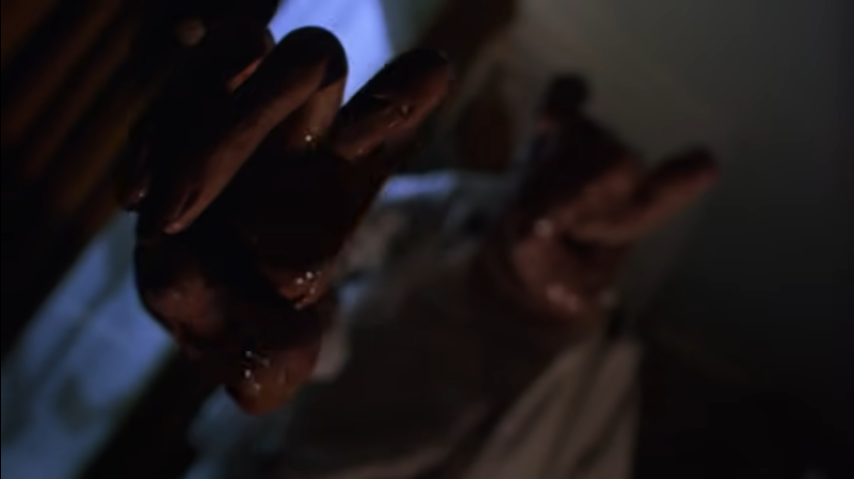
So ends a month spent with Arrow, and let’s cap it off with the type of movie that makes you appreciate the existence of these specialty services, because you know most mainstream streamers wouldn’t touch this with a ten-foot pole.
There’s a particular strain of eighties movies, genre movies especially, which are almost entirely about how the eighties were terrible, and specifically railed against the wealthy and the corporate culture that seemed to increasingly dominate everything during the Reagan era. Robocop is probably the highest profile example, but you also have John Carpenter’s The Live and Larry Cohen’s The Stuff all espousing the same kind of anti-authority stance—and in using genres and styles that were considered disreputable to mainstream consensus feels like an appropriate punkish way to do so. Horror with B-movie sensibilities, ultra-violent action, and an emphasis on gross special effects have a visceral anger to them, and thumbing your nose at the idea of good taste probably felt like the most subversive way to get your point across. Society is another example of this from the tail end of the decade, and it acquired a strong cult following among horror aficionados by taking things as far as they could go.
This is the first film directed by Brian Yuzna, who was mostly known for producing the movies of the late Stuart Gordon, including such favourites as Re-Animator and From Beyond (which he co-wrote.) Apparently after Gordon and him co-wrote the initial version of Honey, I Shrunk the Kids(!), Yuzna wanted more independence, and was able to secure financing for whatever he wanted as long as he also produced a sequel to Re-Animator. Taking that sweet deal for all it was worth, he picked up an intriguing script about a Beverly Hills teen becoming increasingly suspicious of his rich family’s secret life, but felt that the cult/slasher angle of its ending was not his speed, and so altered the twist into something else entirely—a monster movie, but more than that. What was produced was one of the most audacious and disgusting of all eighties horror movies, one that left an indelible impression on everyone who stumbled upon it during the heyday of practical horror effects.



